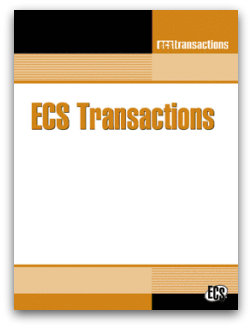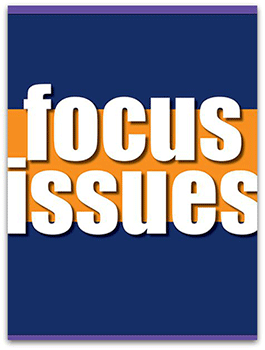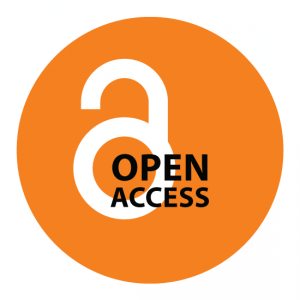 Whether you’re looking at the transformation of scholarly publications or the overall conversation across the globe, it’s clear to see that open access is picking up steam nearly everywhere. In a recent article from Thomson Reuters, the firm takes a deeper look at the move toward open access and its implications.
Whether you’re looking at the transformation of scholarly publications or the overall conversation across the globe, it’s clear to see that open access is picking up steam nearly everywhere. In a recent article from Thomson Reuters, the firm takes a deeper look at the move toward open access and its implications.
Cost of open access
Like any publishing model, open access is not without its costs and values. In a traditional open access model, the burden of the cost falls back, in part, on the researcher. Because publishers are not earning subscription fees and individuals no longer have to purchase articles, the author takes on some of the cost of publishing and copy editing.
However, Reuters points out that it is pretty common for publications that are truly dedicated to open access to make affordable those costs to people who may typically not be able to afford it (i.e. waiving fess or article processing credits).
Academic and societal value
In contrast to the cost, the value of open access publications is felt on both an academic and societal level.
For researchers, open access allows scientists to get their findings published faster. By getting the data disseminated faster, researchers can get more citations and begin to connect the dots between the science and our everyday lives.


 Michael Faraday may have suggested that the formula for scientific success is “
Michael Faraday may have suggested that the formula for scientific success is “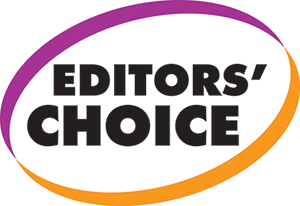 ECS published its first
ECS published its first 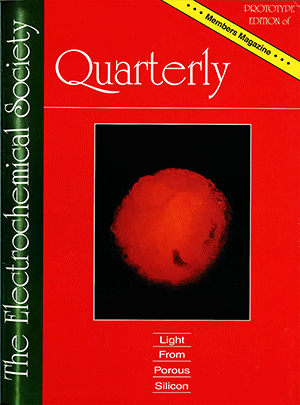
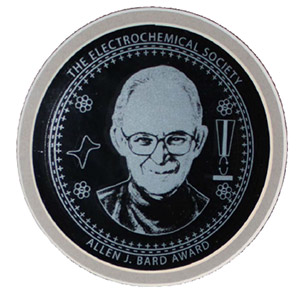 The Electrochemical Society founded the
The Electrochemical Society founded the 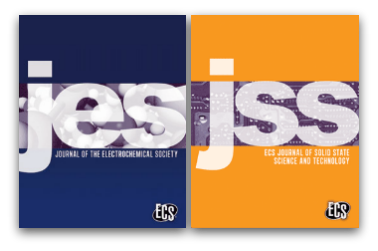 In an effort to more quickly disseminate breakthrough research and bolster the scientific discovery process, ECS has established
In an effort to more quickly disseminate breakthrough research and bolster the scientific discovery process, ECS has established 